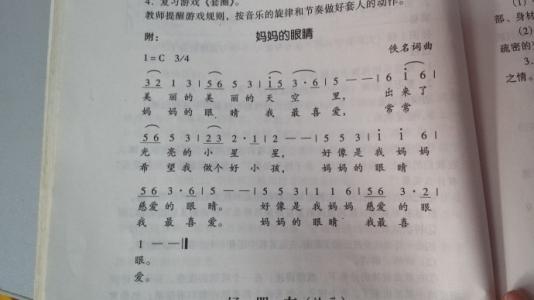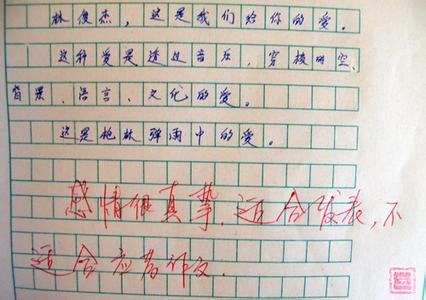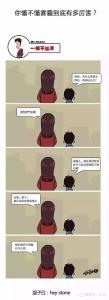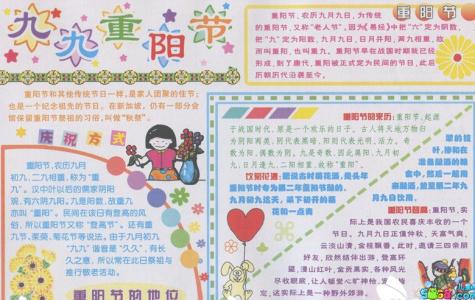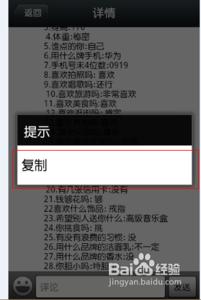多姿多彩的秋天硕果累累,院子里的葡萄玲珑剔透,那不可磨灭的味道令人回味无穷!小编精心收集了关于葡萄的英语短文,供大家欣赏学习!
关于葡萄的英语短文篇1
Wine is a funny market, one where most consumers really have no idea what they're doing.
葡萄酒市场的情况很滑稽,在这一市场上大多数消费者实际上并不清楚他们正在做什么。
In blind taste tests, the typical non-expert wine drinker tends to prefer the taste of cheaperwines (but experts prefer more expensive wines.) And when average consumers are told theprice of the wine, they tend to believe more expensive wine tastes better than cheaper wine.
如果蒙上眼睛对葡萄酒进行测试品尝,典型的非专家品酒人往往会偏爱价格较为低廉的葡萄酒(但品酒专家们则偏爱较为昂贵的葡萄酒)。而当普通消费者被告知他们所品评葡萄酒的价格时,他们往往会认为价格较贵的葡萄酒比价格较便宜的葡萄酒味道好。
It's worth keeping this in mind as China investigates whether European wineries are 'dumping'their product onto the Chinese market (a move that European analysts believe is just retaliationagainst the French government for backing import duties on Chinese solar panels). Are Chineseconsumers looking for the best-tasting wine for their yuan? Or do they, like their Westerncounterparts, often buy a particular bottle of wine because it is more expensive?
在中国开始调查欧洲的葡萄酒厂商是否正在向中国市场“倾销”其产品时,了解这一点是有必要的。(欧洲的分析人士认为,中国此举只是为了报复法国政府,因为它支持欧盟对中国太阳能电池板加征关税。)中国消费者是在寻找口味最好的葡萄酒呢?还是像西方人一样,他们常常因为哪瓶酒更贵而买下它?
If it's the latter, cutting the price of exports to China might not move more bottles off storeshelves. So, why would you dump your product if suckers um, consumers are willing to buy asmuch maybe even more! at a higher price? If you're like me, you never buy the cheapest bottleof wine at a restaurant or store. Not because you can taste the difference, but because youdon't want to look cheap.
如果情况是后者,给出口到中国的葡萄酒降价可能无助于增加在中国的葡萄酒销量。这样说来,如果葡萄酒售价更高消费者反而有可能买得更多,你为何还要在市场上倾销自己的葡萄酒产品呢?如果你像我一样,你就从来不会在餐馆或商店购买最廉价的葡萄酒,这倒不是因为你能品尝出不同价格的葡萄酒在口感上会有什么差异,而是你不想让人觉得你只买得起便宜货。
Wine isn't the only market that behaves this way. For example, U.S. liberal arts colleges thatraise their tuition appear to experience higher demand from future applicants, i.e. price hasbecome a signal for quality.
并非只有葡萄酒市场才存在这种购买行为。比如说,美国那些上调了学费的文理学院,似乎收到了更多的入学申请,也就是说,在这里价格成了质量的象征。
These considerations aside, do the data support the charge of dumping? Well, France accountsfor the vast majority of exports to China, and the pattern of French exports to China don'tshow the tell-tale signs of dumping:
撇开这层考虑不说,真的有数据来支持有关欧洲在中国倾销葡萄酒的指控吗?诚然,欧洲出口到中国的葡萄酒大部分来自法国,但从法国对华葡萄酒出口的情况看,却找不到倾销的迹象。
French exports have soared but the price has stayed roughly the same. Unless the productioncosts of French wineries have also soared, it's difficult to see how French wineries are nowselling below production costs (an element of dumping), when they weren't doing that before.Or maybe the Chinese allege French wineries have always been dumping?
法国的对华葡萄酒出口量虽然大幅飙升,但葡萄酒价格却一直大体维持稳定。除非法国葡萄酒厂商的生产成本已有大幅增长,否则人们难以理解为何他们以前没有以低于成本价在中国出售葡萄酒,而现在却是在这么做。(以低于成本价销售是构成倾销的一个要件。)抑或中国人是在指称法国葡萄酒厂商一直在中国搞倾销?
More plausibly, sales of European wine have followed the trend of other luxury goods in China:The country's burgeoning middle class and nouveau riche want to spend more of their new-found wealth on French wine, German cars and other brand-name Western goods.
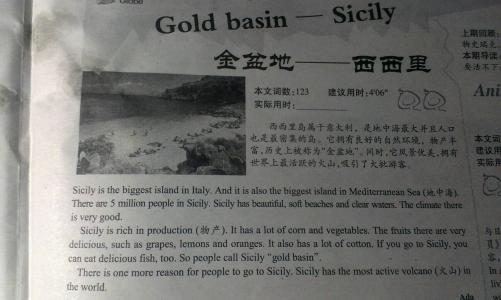
更大的可能是,欧洲葡萄酒的在华销售遵循了其他奢侈品在中国的销售趋势:中国迅速壮大的中产阶级和暴发户想花更高的价钱来购买法国葡萄酒、德国轿车和其他西方名牌产品。
关于葡萄的英语短文篇2
A Fox, just at the time of the vintage, stole into a vine-yard where the ripe sunny Grapes were trellised up on high in most tempting show. He made many a spring and a jump after the luscious prize, but, failing in all his attempts, he muttered as he retreated:"Well what does it matter! The Grapes are sour!"
译文:
正当葡萄熟了的时候,一只狐狸偷偷地溜进了葡萄园。葡萄架上高高地挂着亮晶晶的、熟透了的葡萄,显得十分诱人。他跳了好多少跳,蹦了好多少蹦,想吃到这甜美的葡萄,然而他的盘算全落空了,走开的时候,他自言自语说:"得了!这有什么!这葡萄是酸的。"
 爱华网
爱华网